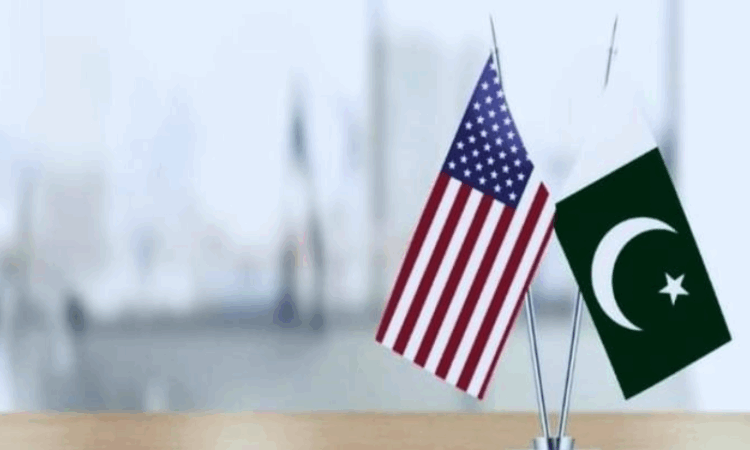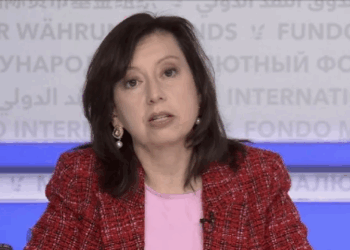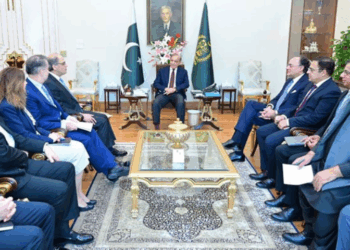Islamabad, May 15, 2025: Pakistan has proposed a zero-tariff bilateral trade agreement with the United States, aimed at expanding economic cooperation across multiple sectors, according to a report in a leading English daily citing credible government sources.
The initiative follows remarks by U.S. President Donald Trump expressing interest in deepening trade ties with Pakistan. Sources say Islamabad has offered a trade arrangement based on mutual interests, including zero tariffs on selected tariff lines to promote two-way commerce.
Officials familiar with the development said Pakistan is looking to boost trade with the United States in key areas such as textiles, agriculture, pharmaceuticals, information technology, and energy.
The proposal comes in the wake of a U.S.-brokered ceasefire between Pakistan and India, which ended a dangerous cycle of military escalation earlier this month. President Trump, speaking at the Saudi-U.S. Investment Forum 2025 earlier this week, claimed credit for helping to avert a potentially catastrophic war between the two nuclear-armed neighbours.
“My administration successfully brokered a historic ceasefire to stop the escalating violence between India and Pakistan,” Trump said.
“I used trade to a large extent to do it. I said, fellas, come on, let’s make a deal. Let’s not trade nuclear missiles. Let’s trade the things that you make so beautifully,” he added.
“They both have very powerful leaders—strong, smart leaders. And it all stopped. Hopefully, it’ll remain that way.”
President Trump also praised Vice President JD Vance and Secretary of State Marco Rubio for their diplomatic efforts, saying they had done “a great job” in de-escalating tensions.
“I think they [Pakistan and India] are actually getting along. Maybe we can even get them together a little bit—where they go out and have a nice dinner together,” Trump quipped.
The recent truce brought an end to the most dangerous military escalation between India and Pakistan in nearly three decades. The conflict began after a deadly attack on April 22 in the Pahalgam area of Indian Illegally Occupied Jammu and Kashmir (IIOJK), in which 26 tourists were killed. India blamed Pakistan-backed groups for the incident—a claim Islamabad strongly denied, offering to facilitate an impartial international investigation.
In retaliation, India launched missile strikes on Pakistani territory, targeting what it claimed were militant infrastructure sites. Islamabad responded forcefully, with the Pakistan Air Force shooting down six Indian fighter jets, including Rafale warplanes, during the operation codenamed Operation Sandoor.
Subsequently, Pakistan launched its own retaliatory military campaign, Operation Bunyan-un-Marsoos, targeting Indian military installations across several cities.
Following the ceasefire agreement, President Trump reiterated his administration’s willingness to support economic normalization in South Asia and expressed readiness to expand trade relations with both countries.








